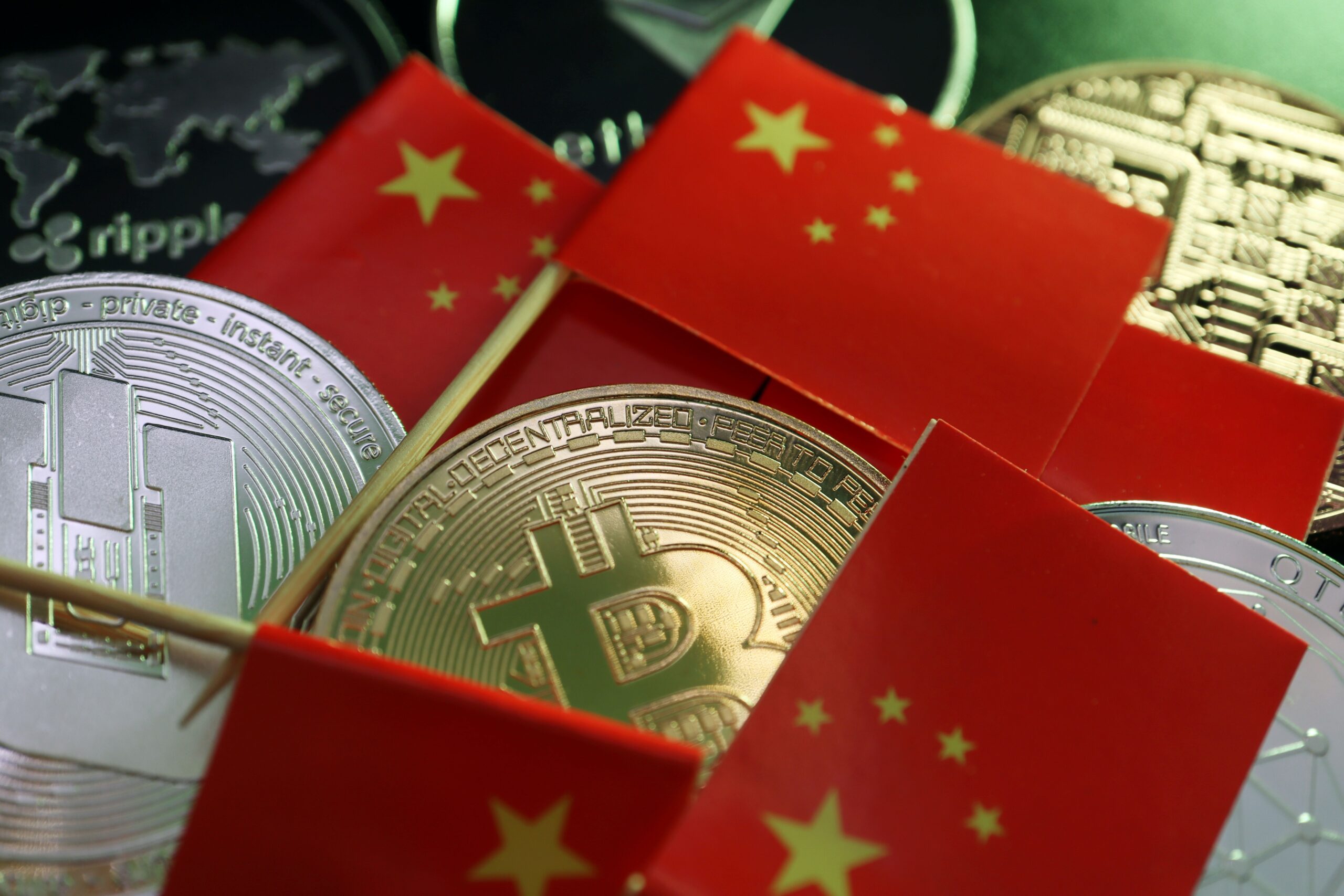As local governments in China grapple with managing an increasing pool of seized cryptocurrencies, the discussion has intensified among legal practitioners and officials regarding the need for a more coherent regulatory framework. This move comes in light of the growing prevalence of cryptocurrency-related crimes, which have escalated dramatically in recent years.
Significance of Crypto-Related Crimes
The urgency for reform has been propelled by a marked rise in criminal activities associated with cryptocurrencies. In 2023 alone, the value linked to such crimes soared to approximately 430.7 billion yuan ($59 billion), reflecting a tenfold increase. The volume of criminal cases connected to cryptocurrencies, including internet fraud and money laundering, has raised alarms within the judicial system. Last year, over 3,000 individuals were prosecuted for crimes involving the laundering of crypto assets, as reported by the nation’s top prosecutor.
Existing Challenges with Seized Cryptocurrencies
Although cryptocurrency trading remains illegal in China, local authorities have resorted to employing private companies to handle and liquidate seized digital currencies as a means to replenish government coffers, which are under strain from economic slowdowns. This has led to questions about the legality and transparency of such actions, as no clear regulations exist regarding how to manage confiscated bitcoins and other tokens. Critics argue that this patchwork approach encourages illicit behavior and potential corruption. Moreover, this situation highlights the paradox of China’s role in bitcoin funding, where a country that officially bans cryptocurrency trading is simultaneously engaging in practices that benefit from it. The lack of oversight raises concerns about the private companies involved and their potential motivations, further complicating the narrative surrounding digital assets in the region. As the government grapples with its economic challenges, the balance between enforcement and revenue generation remains precarious.
Increased Advocacy for Regulatory Change
A shift in the law regarding the handling of seized cryptocurrencies could signify a substantial turning point for the Chinese crypto sector, particularly amidst heightened tensions in U.S.-China relations. Legal experts convened in recent seminars to advocate for changes that would recognize cryptocurrencies as assets deserving formal judicial treatment. Participants indicated a growing consensus on the need for protocols governing the disposal of confiscated virtual currencies, aiming for a more systematic approach.
Local Governments’ Role in the Economy
Seized cryptocurrencies are becoming increasingly integral to local financial structures. Some cities have reportedly seen these digital assets play a significant role in their funding strategies, attracting criminals who seek to exploit the anonymity and ease of cross-border transactions that such currencies offer. Experts caution, however, that without proper oversight of the companies managing these assets, the potential for abuse remains high.
Proposed Solutions and Future Directions
Various legal and financial professionals suggest that reforms could include centralized management of confiscated cryptocurrencies, akin to proposals made by former U.S. President Donald Trump for establishing a reserve of seized bitcoins. An organized approach could maximize the value of these assets and regulate transactions more effectively. As discussions continue among stakeholders, including law firms and market participants, there is a call for clearer definitions of the properties of virtual currencies and the establishment of oversight mechanisms for private companies involved in their liquidation.
China’s position as the world’s 14th-largest holder of bitcoin, with an estimated 15,000 bitcoins worth approximately $1.4 billion, underscores the complexities involved in both the management of these assets and their repercussions on broader regulatory and economic policies. Moving forward, how China addresses these challenges could have profound implications for its economic landscape and its approach to digital currencies.



